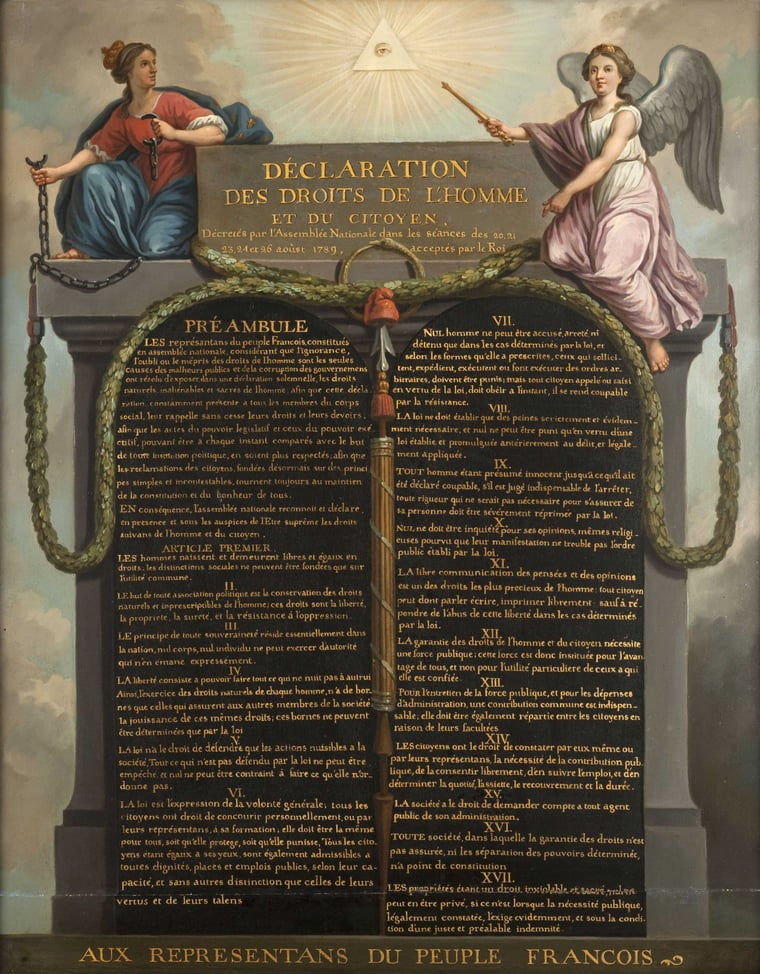Capitalism: Good Ideology gone wrong?
- Caroline Baki
- Jan 13, 2023
- 4 min read
When it comes to capitalism, the United States of America is its epitome. From the entrepreneurial culture to its 9 to 5 jobs, from Hollywood to its politics and from its independence to its interdependence to other countries, capitalism hasn't reached its pinacle yet in the USA. American economist, Nobel Economy Prize winner in 1976, specialist and firm believer in capitalism, Milton Friedman wrote Capitalism and Freedom in 1962. It is one of the most influential books following World War II, to have impacted the USA and other democratic countries seeking to recover economically, socially and politically. Today however, history has shown that capitalism is deceptive. Indeed, younger generations (GenZ) are taking actions as massive capitalism built developed countries at the cost of Third World countries, their own citizens and even the earth.
What was the original purpose of Capitalism?
Capitalism derives from the word capital, however before being a matter of money its origins were founded in the philosophical and political movement called the classical liberalism initiated by the Enlightenment movement key figures such as Thomas Hobbes, John Locke and Adam Smith in the United Kingdom (17th-18th Century) and Jean-Baptiste Say in France (18th century). These movements inspired the Great Revolution in the UK (1688), American Revolution (1776), and not long after the French Revolution (1789). Its main aims are that each individual reaches an ultimate freedom without the involvement of the government. According to Milton Friedman, countries are only a collectivity of individuals who can help each other either though cooperation or competition for common interests. One common theme is laws to protect fundamental rights:
Speech
Religion
Circulation
Gathering
Participation in political life of one's country
The right to private property
Free market

Bill of Rights, 1689

Déclaration des Droits de l'Homme et du Citoyen, 1789
What makes capitalism so ambiguous? We now know that it is in favour of democracy equally to the way it advocates for right to private properties (heritage), and free market (entrepreneurial mindset) by decentralising power -notably the economic power in case you didn't get it- within the federal government.
This classical liberalist's belief breeze is still alive in the USA. The three fundamental branches of the US politics are interdependent (checks and balances). Moreover, each State has the possibility according to its political inclination and economic situation to offer a truss of different laws via the 10th amendment:
If capitalism doesn't want the government's involvement in economy (laisser-faire and the invisible hand) it needs its support.
Great Depression in the 1930s, is a great example to the illustrate the matter. Indeed, against all expectations because of the crisis (stock market crash at Wall Street), the government cooperated with the economy and held the USA up as it recovered. By 1945 in the midst of World War II (1939-1945), the USA became sufficiently strong to become indispensable to its new allies (France and the UK) thus ending its protectionist policies and entering the war in 1941. The links were made so strong with Europe and the USA had an upper hand to the extent that the General Agreement on Tariffs and Trade was created in 1947. Introduced by the United States, a new American gained momentum in Europe. Just like Milton Friedman mentioned in his book, the federal government to a capitalist is only a tool for common interest.
History supports this argument. Indeed, as fear grew that the federal government was taking control of the money the people made by implementing taxes as a means to lead the country to success and help the people in need!
Capitalism now associated to Conservative ideologies, viewed the Federal Government as an ATM of social performances that countered work ethics. In the 80's president Ronald Reagan condemned the "nanny state" policies (term first coined by US journalist Dorothy Thompson in 1952, later adopted by conservative British party) and mentioned quite a few time the infamous Welfare Queen to illustrate his point. Here, we comprehend the dread of complete economic dependence for it becomes according to capitalists, a threat to individuality.
Capitalism is not only an economic system. In fact, it has been shown numerous times in history that economy and politics can't be completely separate. In his book Capitalism and Freedom, Milton Friedman, explains that capitalism is first and foremost for people who seek complete liberation from authorities via economic power and the protection of their human rights. Furthermore it is comprehensible that the government is another tool to reach main aims. If we look back in time, this system was probably the best considering that the United States grew in a land of oppression. Ultimately, capitalism is a system that values meritocracy and finds equality in individualism. Nonetheless, the people who have allegedly found this financial and social freedom seem to always had have the monopole over both the economy and politics. Haven't they managed to help people in need?
It's a wrap y'all see you soon xoxo 💓☁️✨




コメント